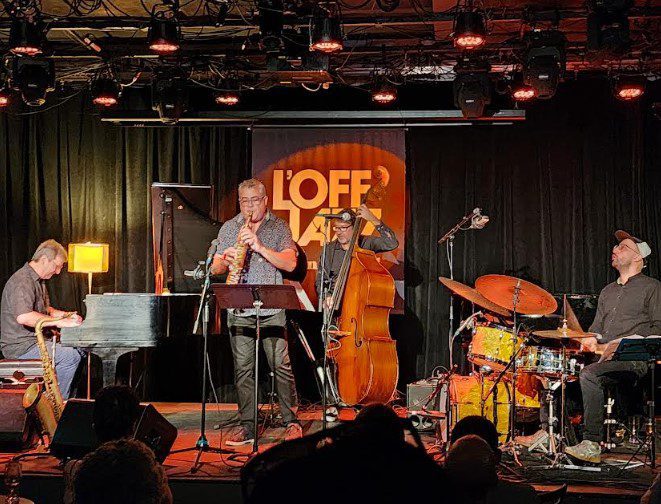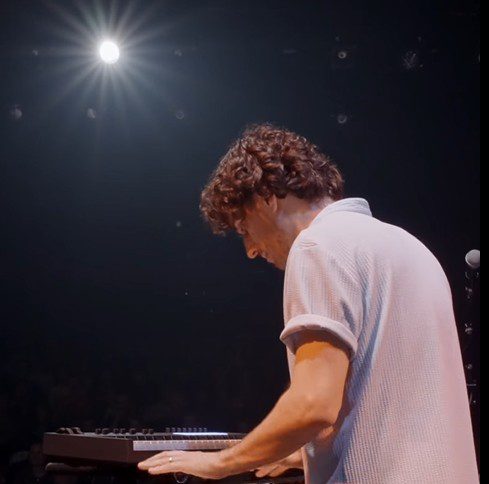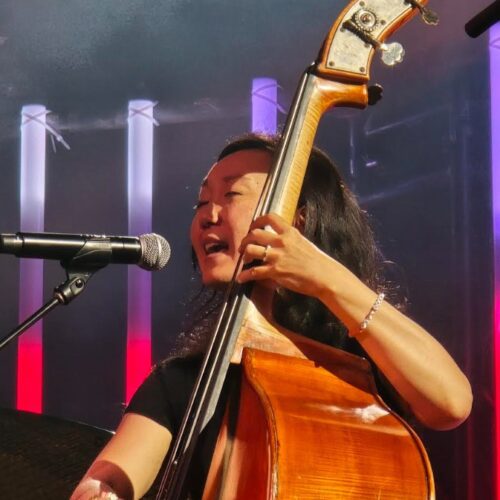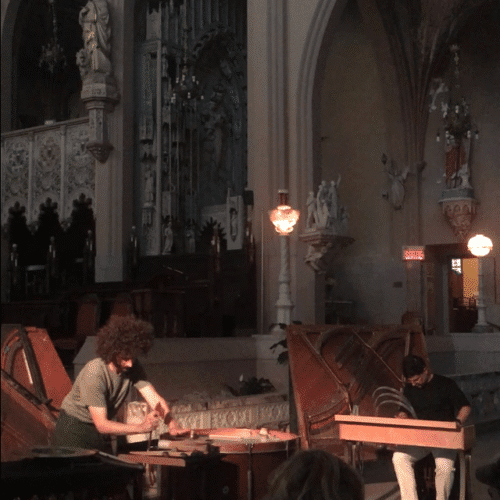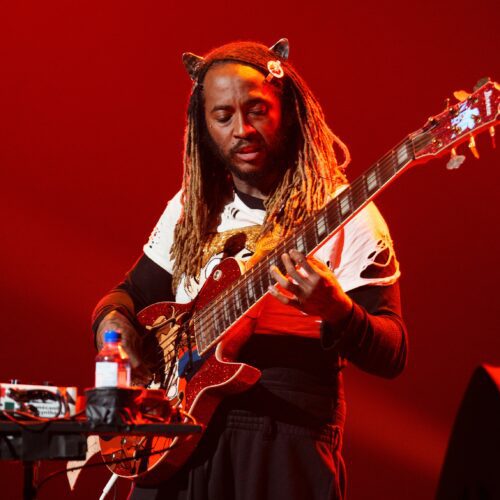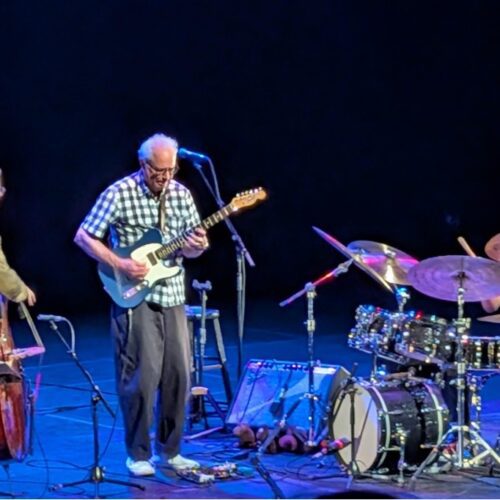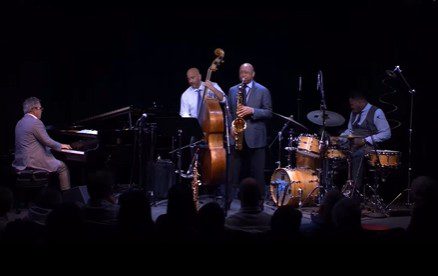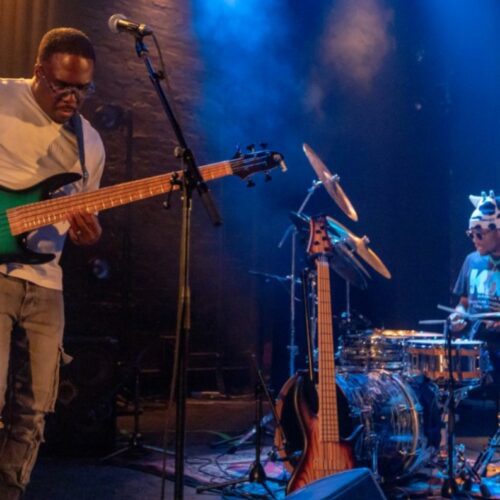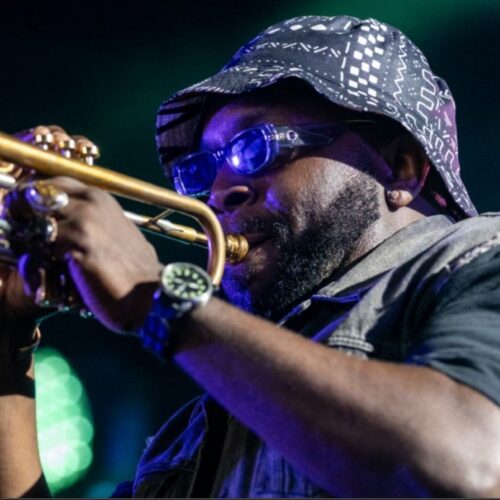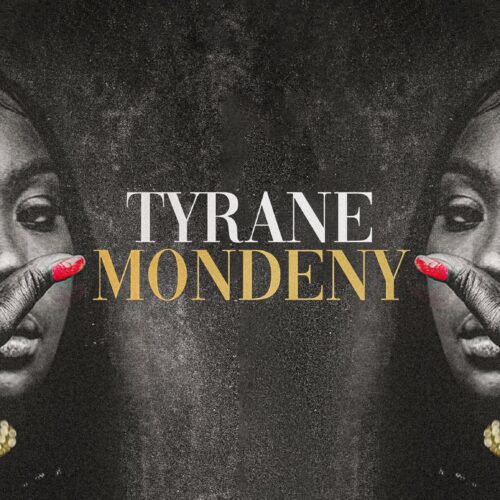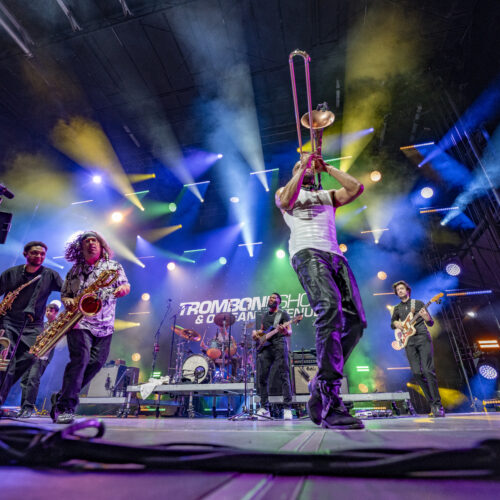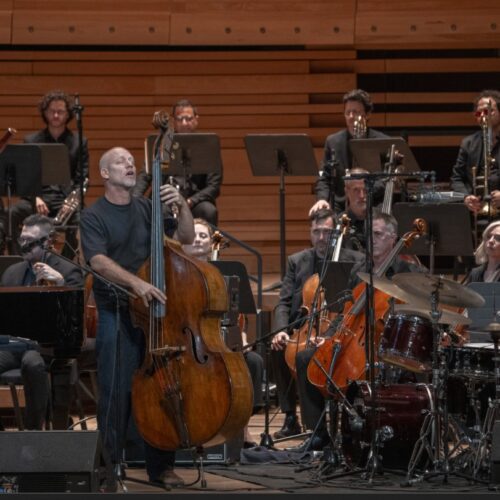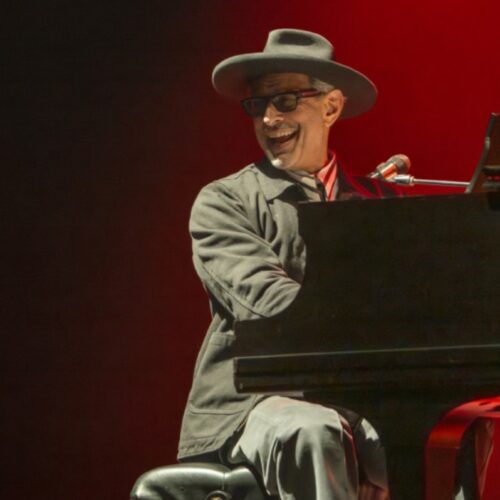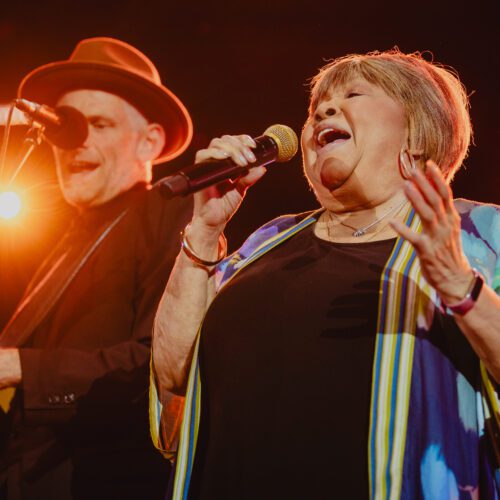On Thursday at the Ministère, pianist and composer François Bourassa kicked off the 24th Off Festival de jazz de Montréal, originally set up to showcase the local community of jazz artists then neglected by the Festival international de jazz de Montréal – unlike in the 80s and 90s. Since then, local jazz at the FIJM has been reduced to a local series and a few outdoor stages, while the OFF presents some thirty concerts each autumn. And here we are!
A double program on the François Bourassa side.
Put forward by composer, arranger, improviser and saxophonist Philippe Côté, the Confluence project consists of a composite work involving contemporary music inspired by classical and jazz. Recorded in New York last year and soon to be released on the Odd Sound label, the duo’s repertoire brings together their interest in exploration, particularly that of the prepared piano, a practice made famous by the American John Cage. The technique involves inserting objects into the piano strings that the soundboard controls. This produces unusual sounds, sometimes akin to the marimba. The compositions on the program are generally simple, with plenty of room for improvisation. Sometimes two pianos are prepared, sometimes just one; exchanges may involve two pianos, or saxophones (soprano or tenor) and piano. This music leaves plenty of room for free improvisation, but harmony (tonal or modal) remains present throughout the experience.
In the second half of the program, François Bourassa’s excellent quartet returned to the Off Festival de Jazz. A quarter-century of practice has brought this ensemble to an exceptional maturity, making it a unique voice for Quebec jazz on the entire jazz planet. The supravirtuosity of saxophonist André Leroux and the compositional excellence of François Bourassa are the keys to this expression, which nonetheless rests on impeccable rhythmic support, courtesy of Guillaume Pilote and Guy Boisvert. Thursday evening was (once again) a testament to this cohesion and inspiration. François Bourassa’s profound knowledge of contemporary music in the classical and jazz traditions has led him to build a virtuoso language free of academic constraints. This vehicle has led him to accomplish small miracles, and the album Swirl, recently released on the Effendi label, demonstrates the formal advances he has made, as they clearly go beyond the usual framework of jazz in a small formation.
Since the beginnings of modern jazz, musicians have generally played a melodic theme (head for those in the know) with the accompaniment of the rhythm section, followed by a section in which all the performers improvise solos, then return to the intro melody at the end of the performance. François Bourassa no longer exploits this form (or exploits it very little), preferring to inscribe his colleagues’ impros in different and varied structures. Once again, we see the march towards the union of the jazz and classical worlds, a process that is now inevitable. One thing’s for sure, François Bourassa is a key figure in this process, much to the delight of music lovers.
